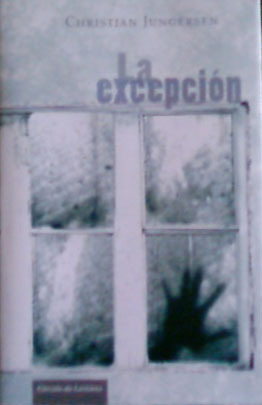What do you think?
Rate this book


673 pages, Hardcover
First published January 1, 2004
 come to my blog!
come to my blog!Grith is a tall, thin woman with large, slightly droopy breasts. She has the kind of body that’s supposed to drive men wild. Watching her, Marlene thinks that Grith’s erotic pull must be limited to when she sits down or stands still. When her long limbs are moving, she looks like an awkward fourteen-year-old. -page 95